Pubs have long been more than just places to quench thirst; they are cultural hubs, historical landmarks, and social spaces that reflect the essence of their communities. From ancient inns to modern breweries, the story of pub life in history is a rich tapestry woven through the ages. Whether you’re exploring the origins of pubs or delving into their evolving roles in society, the history of pub life offers a fascinating glimpse into human civilization. This journey takes us from the humble beginnings of alehouses to the bustling beer gardens of today, highlighting the enduring appeal of these establishments across cultures and centuries.
Key Takeaways
- Pubs in the UK boast a rich history and tradition.
- They function as essential community hubs.
- British pubs provide a warm, inviting atmosphere.
- Pubs are central to live sports and entertainment.
- They offer excellent food and drink selections.
- Seasonal celebrations highlight their cultural importance.
- Pubs differ from other bars with a relaxed, family-friendly vibe.
- The UK leads globally with the highest number of pubs.
- Ireland and Germany follow, with notable pub cultures.
- The US, Australia, and Canada have thriving pub scenes.
- Countries like Japan and Spain have unique pub cultures.
- Irish pubs are cozy and welcoming with traditional elements.
- British pubs offer a more traditional, historic experience.
- Irish pubs are famous for live music and storytelling.
- Both Irish and British pubs reflect local cultural heritage.
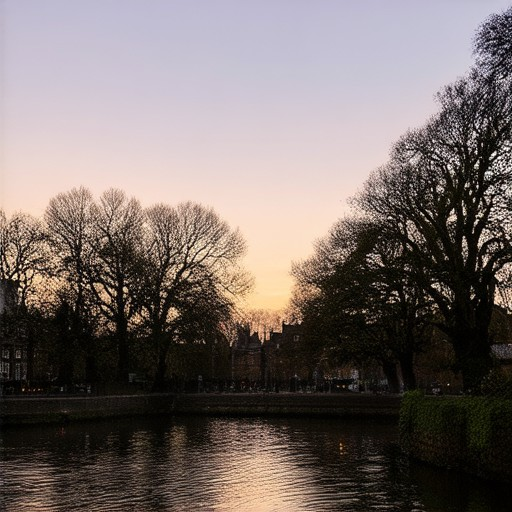
The History of Pubs
Pubs have a rich and storied history that dates back thousands of years, evolving from simple watering holes to vibrant community hubs. Their origins can be traced back to ancient civilizations, where people gathered to share drinks and stories.
Early Beginnings
The history of pubs begins with ancient civilizations, where people would gather around communal wells or streams to drink water. These early gathering spots later evolved into places where beer and other beverages were served. Archaeological evidence suggests that ancient Egyptians and Greeks had rudimentary forms of public drinking establishments.
Medieval Taverns
By the Middle Ages, pubs began to take shape as we know them today. These establishments were often tied to religious houses or monasteries, providing shelter and refreshment for travelers. The term “tavern” became associated with these places, where people could find food, drink, and lodging.
The Rise of Modern Pubs
Modern pubs as we recognize them today began to emerge in the early 19th century. The Industrial Revolution brought about urbanization, leading to the growth of cities and the need for places where workers could gather after long days of labor. Public houses became central to community life, serving as social spaces for conversations, celebrations, and even political debates.
Cultural Significance
Pubs have always played a crucial role in shaping local cultures. They have been hubs for storytelling, literature, and music. Many famous pubs are linked to historical figures, writers, and artists who frequented them, leaving behind lasting legacies.
Global Spread
While the concept of pubs originated in the UK and Ireland, it has spread globally. Countries around the world have embraced the idea of public houses, adapting them to fit their own cultures and tastes. Each region has developed its own unique style of pub, reflecting local traditions and preferences.
Today’s Role
In many communities, pubs remain vital social spaces. They host local events, sports matches, and gatherings of friends and family. Pubs also play a role in preserving local history and fostering a sense of belonging among residents.
Dufferin Arms, as a dedicated blog to pub culture, celebrates the history and significance of pubs worldwide. We explore the unique stories behind iconic pubs, their role in shaping communities, and the enduring appeal of pub culture. Whether you’re a history enthusiast or a casual visitor, our articles offer insight into the legacy and charm of these beloved institutions.
- Explore the full history of pubs
- Discover the cultural impact of pubs
- Learn about pubs in your community
Traditions of Pub Culture
Pub culture has long been a cornerstone of social interaction, with its roots tracing back centuries. Here are the key traditions that define pub culture:
The History and Evolution
Pubs have existed in various forms since medieval times, originally serving as alehouses for travelers. Over centuries, they’ve evolved into vibrant community hubs, offering more than just drinks. Today, pubs remain a symbol of camaraderie and cultural heritage.
The Atmosphere
Pubs are known for their unique ambiance, often featuring comfortable seating, dark wood interiors, and low lighting. The dimly lit environment creates a warm and inviting space, perfect for unwinding with friends or enjoying a quiet evening.
Social Interaction
Pubs are not merely places to drink; they are social spaces designed for connection. Patrons engage in conversations over pints, share stories, and celebrate milestones. Whether it’s after-work drinks or family gatherings, pubs bring people together.
Pub Grub
Beyond drinks, pubs offer hearty meals that complement the beverage experience. Traditional pub grub includes favorites like fish and chips, burgers, and pies, crafted to pair perfectly with ales and lagers.
Cultural Significance
Pubs hold a special place in local cultures, often becoming landmarks that reflect community values. They serve as gathering spots for celebrations, sports watch parties, and live music events, making them integral to neighborhood identity.
Preserving Pub Heritage
Dufferin Arms, a dedicated blog, delves into the rich history and traditions of pubs. Explore their articles to discover the legacy and charm of these establishments, celebrating their enduring appeal and role in shaping communities.
- Pub Games : From darts to pool, these activities add excitement to the pub experience.
- History of Pubs : Learn about the evolution of pubs and their cultural impact.
- Pub Food : Discover recipes and traditions behind classic pub dishes.
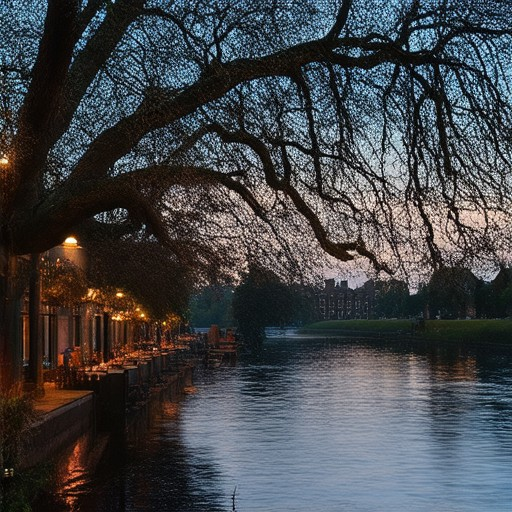
What Were Taverns Like in the 1800s?
Taverns in the 1800s were vibrant hubs of social interaction, serving as community centers and gathering places. They played a crucial role in shaping local cultures and fostering connections between people from diverse backgrounds.
Role in Communities
In many rural areas, taverns were essential establishments. They often doubled as general stores, selling goods and providing services to travelers. In some cases, they even functioned as informal courts, where disputes were resolved and local laws were enforced informally.
Social Functions
Taverns were more than just places to drink. They hosted community events, weddings, and even wakes. Patrons could engage in games of chance, listen to live music, or simply converse over a pint. These establishments often reflected the social and economic status of the community they served.
Cultural Significance
Pubs and taverns in the 1800s were spaces where stories and traditions were shared. They became repositories of local history and folklore, often preserving cultural practices that might otherwise be lost. Many taverns featured unique decor, such as old photographs, memorabilia, and even historical artifacts, making them destinations for both locals and visitors.
The Decline of Traditional Taverns
As the 19th century progressed, the rise of temperance movements and changes in societal norms led to a decline in the popularity of taverns. Prohibition in some regions further impacted their existence. However, the legacy of these establishments endures, as they continue to be celebrated for their historical significance and enduring charm.
The Legacy of Taverns Today
While traditional taverns may have evolved into modern pubs, their essence remains. Places like Dufferin Arms preserve the spirit of these historic establishments, offering a glimpse into the past while embracing contemporary comforts. They remain vital parts of their communities, fostering social connections and celebrating local heritage.
Dufferin Arms is a testament to the enduring appeal of pubs, blending history with modern hospitality. Explore their blog to discover the unique stories behind these institutions and their continued relevance today.
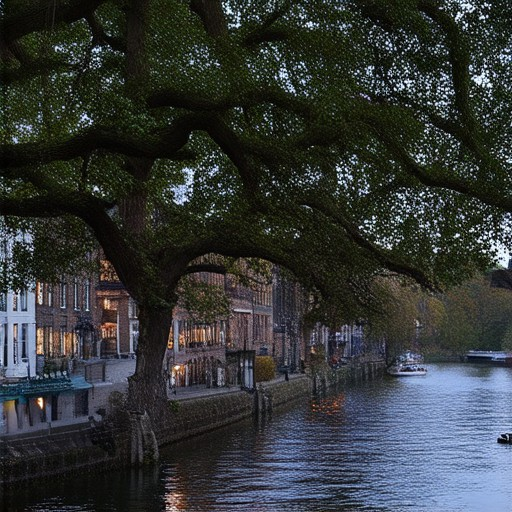
Why Do British People Love Pubs?
Pubs in the UK are more than just places to grab a drink—they are integral to the culture and daily life of many British people. Here’s why they hold such a special place in society:
- Rich History and Tradition
- Pubs have been around for centuries, serving as vital community spaces since medieval times.
- They reflect the history and heritage of local neighborhoods, often named after famous figures or events tied to the area.
- Community Hubs
- Pubs act as gathering places for locals, fostering a sense of belonging and camaraderie.
- They often serve as informal town halls, where residents can discuss issues, share news, or simply socialize.
- Warm and Welcoming Atmosphere
- British pubs are known for their cozy, inviting environments, complete with roaring fires, wooden beams, and friendly staff.
- Their decor often reflects the local history, creating a unique and comforting ambiance.
- Live Sports and Entertainment
- Pubs are central to the British obsession with football (soccer), often hosting live matches and serving drinks to fans.
- They also show other popular sports events, making them a prime spot for social gatherings.
- Great Food and Drink
- Pub meals are a tradition in the UK, offering hearty, home-style dishes like fish and chips, pies, and Sunday roasts.
- Craft beers, cask ale, and a variety of wines are available, catering to different tastes.
- Seasonal Celebrations
- Pubs play a key role in celebrating national holidays and festivals, such as Christmas, St. Patrick’s Day, and Oktoberfest.
- These events bring people together for drinks, music, and merriment in a lively atmosphere.
- Different from Other Bars
- While some pubs do cater to nightlife, many focus on providing a relaxed, family-friendly environment.
- They are often open during the day for coffee, snacks, and light meals, making them versatile community spaces.
Country with the Most Pubs
The United Kingdom holds the title of having the highest number of pubs globally. According to recent statistics, the UK boasts approximately 60,000 pubs, reflecting a rich pub culture deeply rooted in its history and community traditions.
Ireland closely follows, with a notable number of pubs per capita, particularly in cities like Dublin. Germany, known for its vibrant beer culture, also has a significant number of pubs and beer halls, contributing to its popularity.
In addition to the UK and Ireland, countries like the United States, Australia, and Canada have a robust pub scene, particularly in urban areas. The United States alone has over 50,000 pubs, while Australia and Canada each have several thousand.
Cultural factors, including historical practices, legal regulations, and consumer preferences, significantly influence the proliferation of pubs in these countries. For instance, Japan’s izakayas and Spain’s tapas bars also play a role in their local pub cultures.
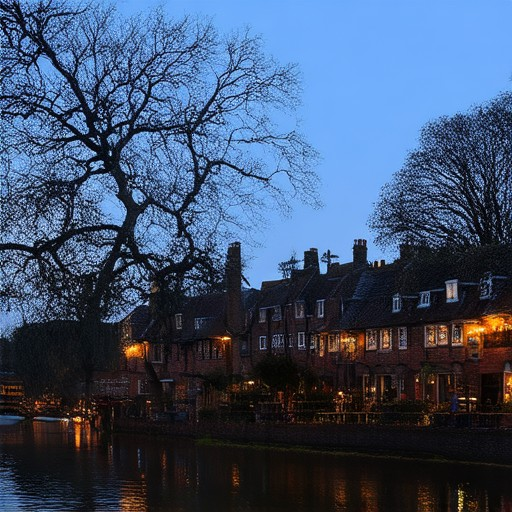
Are Pubs Irish or British?
Pubs, short for public houses, are not exclusively Irish or British. Instead, they reflect the cultural and historical background of their locations. Here’s a breakdown of the differences:
Irish Pubs
Irish pubs are typically found in Ireland and are known for their cozy, welcoming atmospheres. They often feature traditional decor, such as wooden interiors, open fires, and Celtic-inspired designs. Irish pubs are famous for serving Guinness and other Irish beers, and they are popular spots for live music sessions.
British Pubs
British pubs, found throughout the UK, including England, Scotland, and Wales, offer a more traditional pub experience. These establishments often have a rich history and may feature historic architecture. British pubs typically serve a variety of beers, wines, and spirits, catering to diverse tastes. They may also offer traditional dishes like fish and chips or Sunday roasts.
Comparison
- Atmosphere: Irish pubs are intimate and warm, while British pubs may feel more spacious and traditional.
- Drink Selection: Both offer a range of beverages, but Irish pubs are particularly known for their selection of Irish whiskey and stouts.
- Cultural Significance: Irish pubs often have live music and storytelling nights, contributing to their vibrant social scene.
Conclusion
Pubs in Ireland and the UK share a common passion for hospitality and tradition, but they each have distinct characteristics. Whether you’re enjoying a pint in an Irish pub or experiencing the classic British pub vibe, both offer unique experiences rooted in local culture and history.
Dufferin Arms, a dedicated blog to pub culture, explores the history and traditions of pubs worldwide, celebrating their enduring charm and social significance.

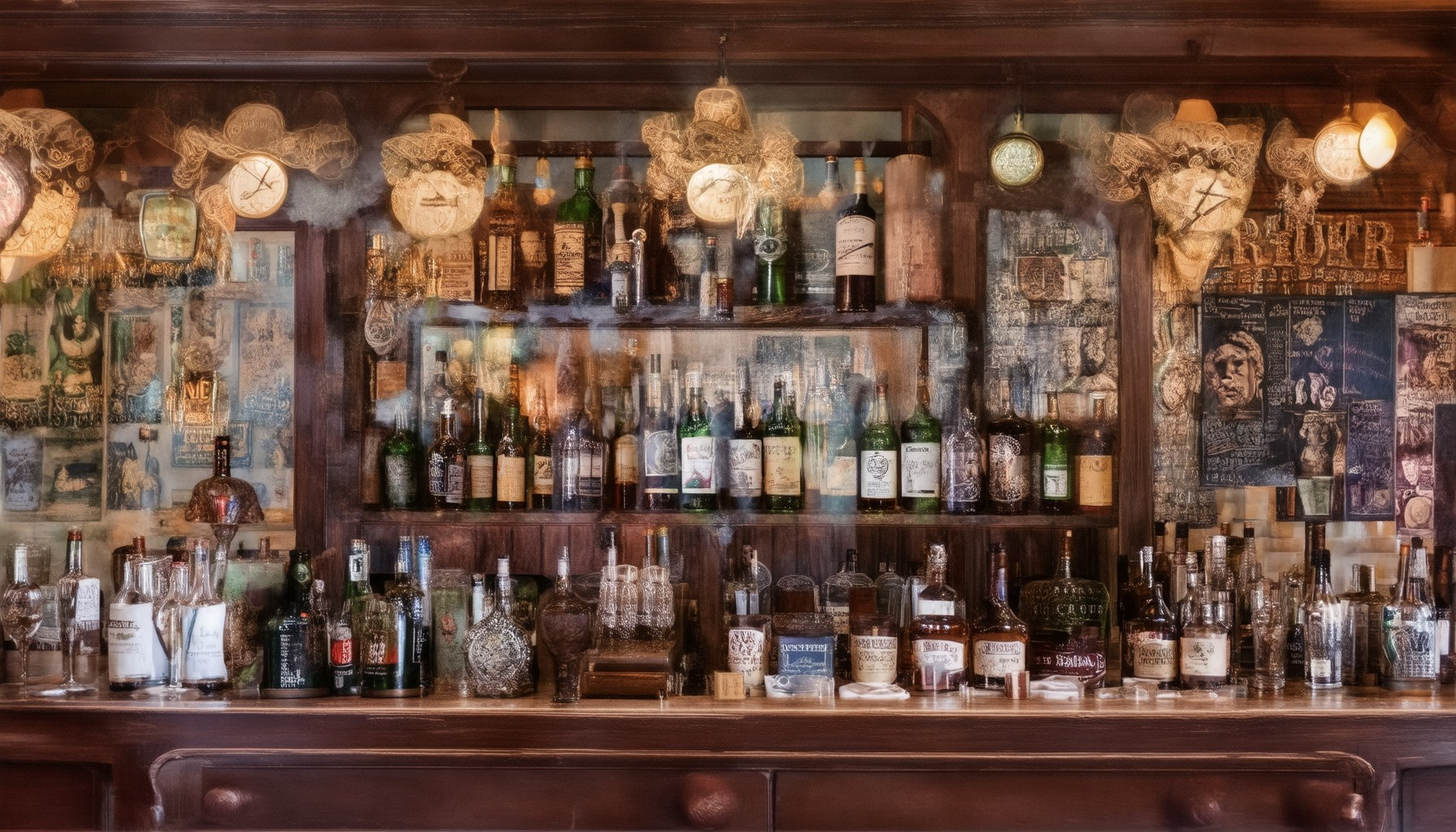
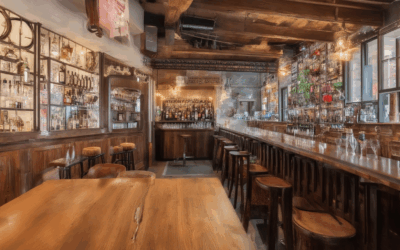
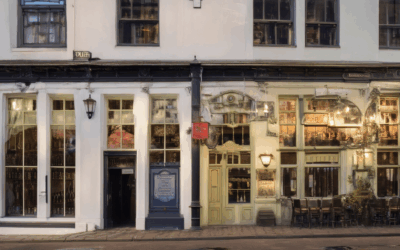
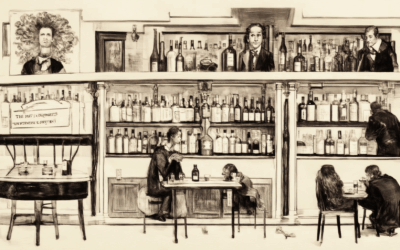
0 Comments